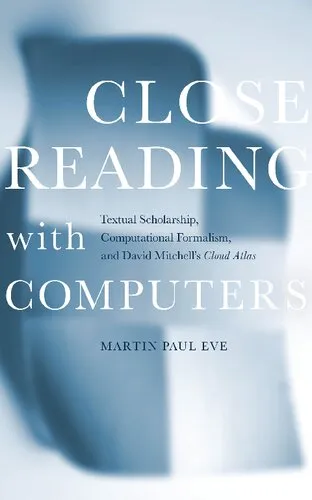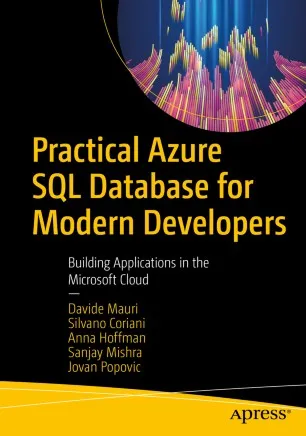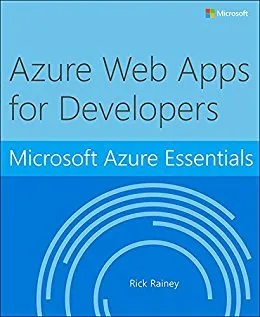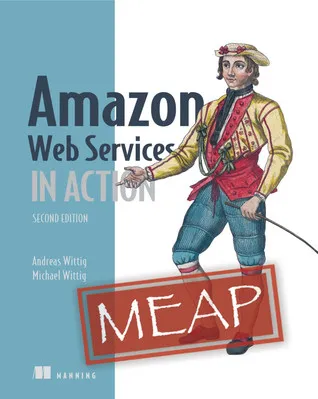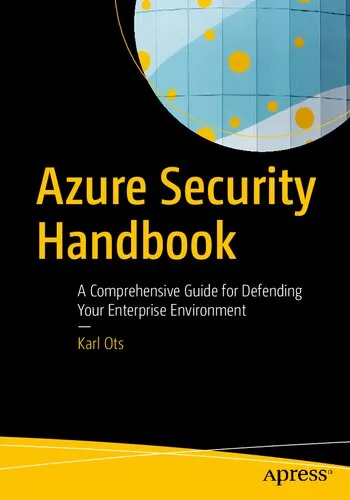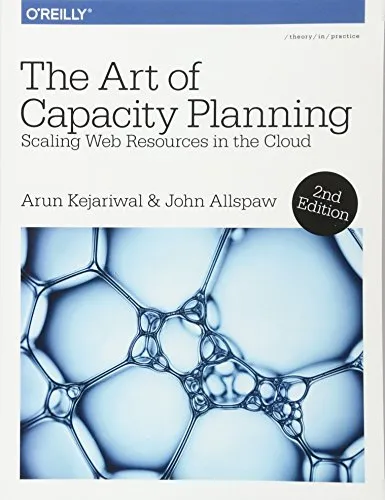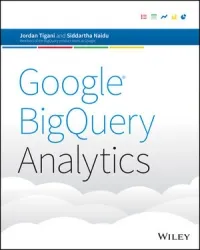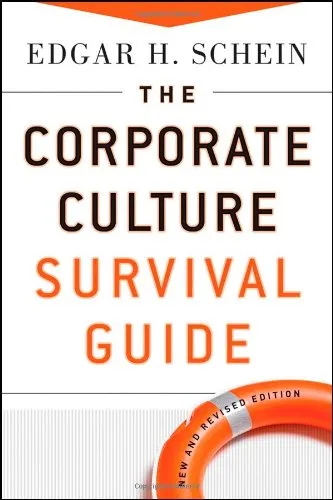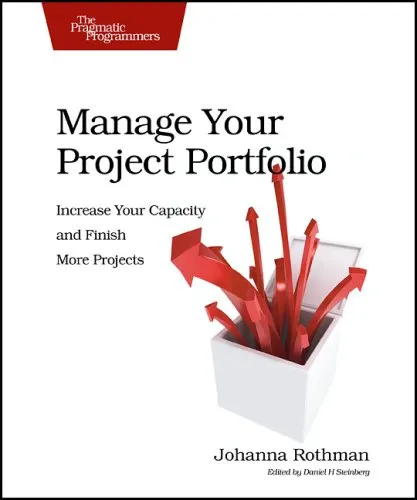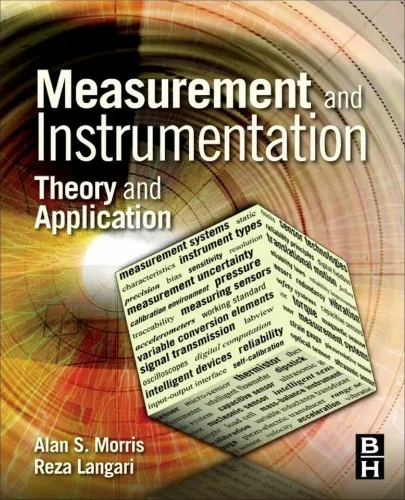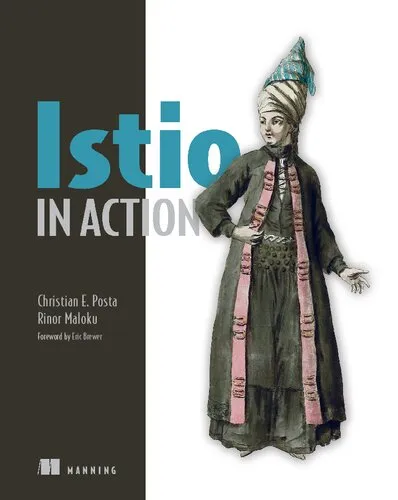Close Reading with Computers: Textual Scholarship, Computational Formalism, and David Mitchell's Cloud Atlas
4.0
Reviews from our users

You Can Ask your questions from this book's AI after Login
Each download or ask from book AI costs 2 points. To earn more free points, please visit the Points Guide Page and complete some valuable actions.Related Refrences:
Introduction
Welcome to the intricate world of "Close Reading with Computers: Textual Scholarship, Computational Formalism, and David Mitchell's Cloud Atlas," a thought-provoking exploration at the intersection of literature and technology. This book pries open the dynamic relationship between traditional literary scholarship and computational techniques, ultimately offering an innovative approach to textual analysis.
Detailed Summary of the Book
The book delves into the methodology and implications of using computational tools to conduct literary analysis, with a specific focus on David Mitchell's "Cloud Atlas." Across its chapters, Martin Paul Eve examines how these tools enable scholars to uncover patterns and structures within texts that might not be visible through conventional reading techniques. By applying computational formalism, the book reveals new insights into the richly layered narratives of "Cloud Atlas," addressing its complex structural design and thematic concerns.
As "Close Reading with Computers" unfolds, readers are introduced to a detailed case study of David Mitchell's mesmerizing novel, examining how digital approaches can unveil new dimensions of understanding. The book tackles the challenges of balancing quantitative computational analysis with the qualitative insights of traditional close reading. Eve's work bridges these methodologies, advocating for a digital-humanities approach where the computational meets the literary.
Key Takeaways
The book's primary takeaway is the realization that computational approaches to literary texts can complement rather than replace traditional literary scholarship. Computational tools can highlight textual intricacies, patterns, and networks, opening up new avenues for scholarly exploration. Additionally, the book demonstrates the potential for interdisciplinary collaboration, merging the fields of literature, data science, and information technology to enrich our understanding of texts like "Cloud Atlas."
Furthermore, the book encourages readers to reconsider what "reading" entails in the digital age. It questions how the act of reading is transformed when algorithms become our guides, and how scholars can maintain a critical stance in the face of vast datasets and digital analytics.
Famous Quotes from the Book
- "In recognizing the computational power at our disposal, we unlock a fresh perspective on textual interpretation—where words become units of data and narratives transform into networks."
- "The narrative complexity of 'Cloud Atlas' mirrors the complexity inherent in literary scholarship itself; the digital enables us to navigate the labyrinth of interconnected stories."
- "While digital tools may quantify, the qualitative still lies at the heart of true literary engagement."
Why This Book Matters
"Close Reading with Computers" matters because it provides a roadmap for aspiring digital humanists and literary scholars who wish to explore the burgeoning field of computational literary analysis. It challenges the traditional boundaries of literary criticism by integrating technology, encouraging an innovative approach to understanding literature. By using "Cloud Atlas" as a case study, this book demonstrates the potential for literary texts to benefit from digital methodologies while preserving the essence of humanistic inquiry.
The book is a pioneering work that marks a significant shift in how scholars can approach literary texts. It shows that, when used thoughtfully, computational methods can deepen our appreciation and comprehension of literature without eclipsing the nuanced insights afforded by close reading. Whether you're a literary scholar, a student of digital humanities, or simply curious about the evolution of literary studies, "Close Reading with Computers" offers a compelling vision of the future of textual scholarship.
Free Direct Download
You Can Download this book after Login
Accessing books through legal platforms and public libraries not only supports the rights of authors and publishers but also contributes to the sustainability of reading culture. Before downloading, please take a moment to consider these options.
Find this book on other platforms:
WorldCat helps you find books in libraries worldwide.
See ratings, reviews, and discussions on Goodreads.
Find and buy rare or used books on AbeBooks.
1381
بازدید4.0
امتیاز0
نظر98%
رضایتReviews:
4.0
Based on 0 users review
Questions & Answers
Ask questions about this book or help others by answering
No questions yet. Be the first to ask!
